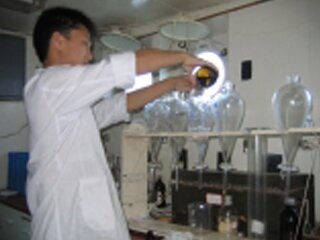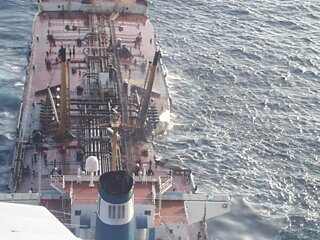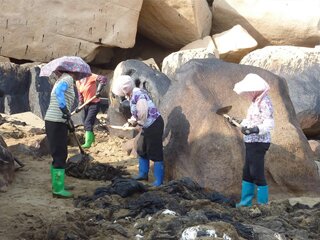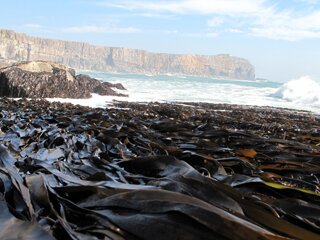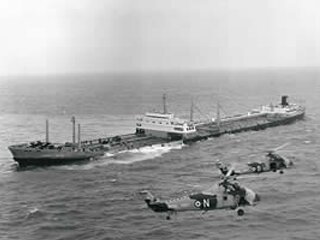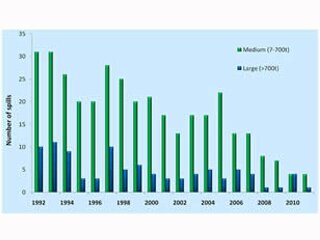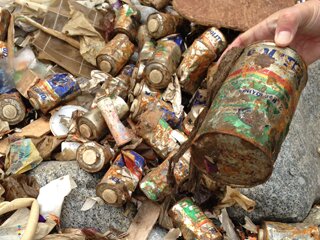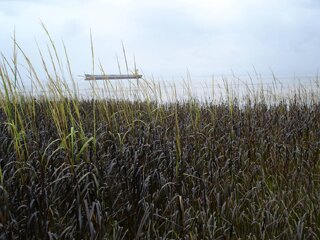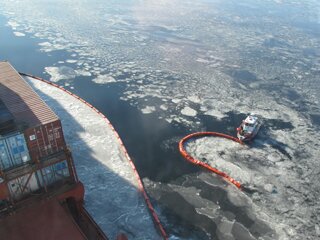Documents & Guides
Explore a variety of topics about marine spills, response and compensation matters in the pages below.
Each topic and area of interest provides access to more detailed documentation that is freely downloadable.
This includes our 18 Technical Information Papers which are fully illustrated with photos and diagrams and are available in several languages.
Alternative Fuels
What are the emerging alternative fuels and their associated risks, hazards, damages and liabilities?
Compensation for Ship-source Marine Oil Spills
What legal arrangements and sources of compensation are available for a spill from a ship?
Disposal
What planning and waste management systems need to be put in place to reduce the volume of oily waste for treatment or disposal?
HNS
What are the specific chemical response strategies for responding to a Hazardous and Noxious Substance spill, and what are the potential effects on human and marine life?
Contingency & Response Planning
What information is needed for an effective oil spill contingency plan? How can aerial observation and protective strategies assist with response operations?
Economic Effects
Which industries might suffer temporary economic losses and loss of market confidence?
Fate of Oil Spills
What happens to oil in the marine environment over time when spilled at sea? How do different factors such as volume and physical and chemical properties affect the fate of oil spills?
Explore the Resources
Does cleaning oiled seabirds have conservation value? Insights from the South African experience with African Penguins (2007)
Although there is general consensus among investigators that large numbers of seabirds are killed as a result of oil spills, there is disagreement, mostly in the northern hemisphere, about the extent to which oil mortality is biologically significant to local, regional and global populations.
Categories: Response Techniques, Environmental effects, Papers
Integration of scientific perspectives into the application of maritime law (2005)
This paper reviews a number of recent incidents of pollution form shipping and describes how the application of scientific methods for assessing damage helps to maintain a consistent approach to the implementation of relevant maritime legislation. These cases cover a range of political and cultural settings and serve to identify and assess damage against the background of a complex and highly variable marine environment.
Category: Papers
Trends in oil spills from tanker ships 1995-2004 (2005)
The number of oil spills from tanker ships has decreased significantly over the last 30 years. This paper examines trends in tanker oil spills worldwide over the 10 year period from 1995 to 2004 and analyses potential influences on spill volumes and frequencies for incidents of 3 different spill size classes.
Category: Papers
Global trends in ship-sourced marine pollution (2010)
A review of the trends over the past 10 years shows that Asia and Europe are the regions where ITOPF attended oil spills most often.
Category: Papers
New horizons: Dealing with major oil spills from non-tanker sources (2011)
This paper starts by discussing the topic of declining tanker spills and ITOPF's work with non-tankers. It continues with what the new dimensions for response to non-tanker spills might be, before reviewing some of the main issues in marine oil spill response, whatever the source. It finishes with a brief look at the need for preparation and R&D.
Category: Papers
Half a century of shipping spills: What's changed? (2012)
Over the last half century, particularly since the critical TORREY CANYON incident of 1967, the most noteworthy change has been the dramatic decline in the number of major tanker spills from an annual average of 24.5 in the 1970s to 3.3 in the 2000s, despite the growing size of the world fleet.
Categories: Information Services, Papers
Trends in oil spills from tankers and ITOPF non-tanker attended Incidents (2012)
This paper examines trends in tanker oil spills worldwide over a 20 year period from 1992 to 2011 and analyses potential influences on spill volumes and frequencies for incidents in the spill size groups 7-700 tonnes and >700 tonnes. ITOPF’s attendance of incidents is also analysed to demonstrate trends in the complexity of oil spill response.
Categories: Information Services, Papers
Are HNS spills more dangerous than oil spills? (2009)
While the hazards and consequences of oil spills are well known, little information exists for chemical spills. Words such as ‘carcinogenic’, ‘mutagenic’, and ‘neurotoxic’, which appear on shipping documents, are readily misinterpreted and extrapolated to worst-case scenarios causing public apprehension and mistrust. This paper attempts to answer the question ‘Are HNS Spills More Dangerous Than Oil Spills?
When should clean-up operations be brought to a close - How clean is clean? (1998)
At the outset of a major oil spill, it is hard to imagine how shorelines inundated with the thick black pollutant will ever be cleaned or that they will ever return to their original condition. Two facts are known as a result of these unfortunate experiences: first, these shorelines are eventually cleaned and second, that nature plays a very large part in that cleaning process.
Categories: Response Techniques, Papers
New directions in marine pollution control (1999)
The paper begins by examining the incidence of major marine oil spills from tankers and other types of ships before describing the potential for controlling the resulting pollution.
Categories: Response Techniques, Papers


